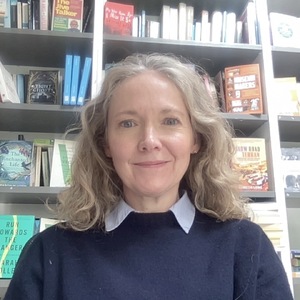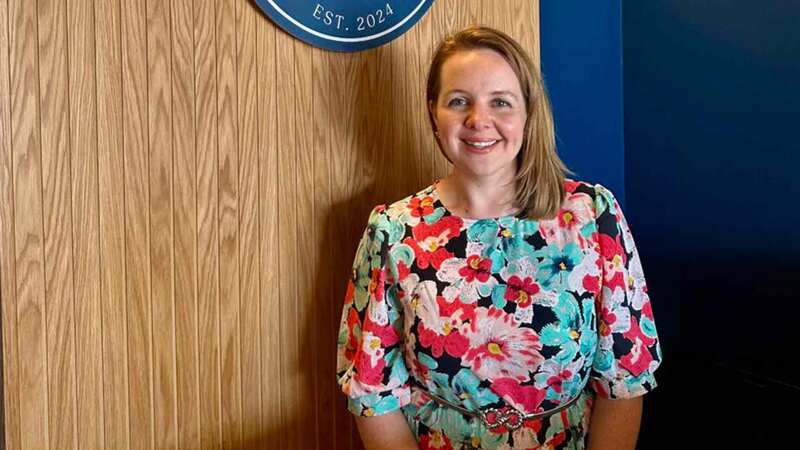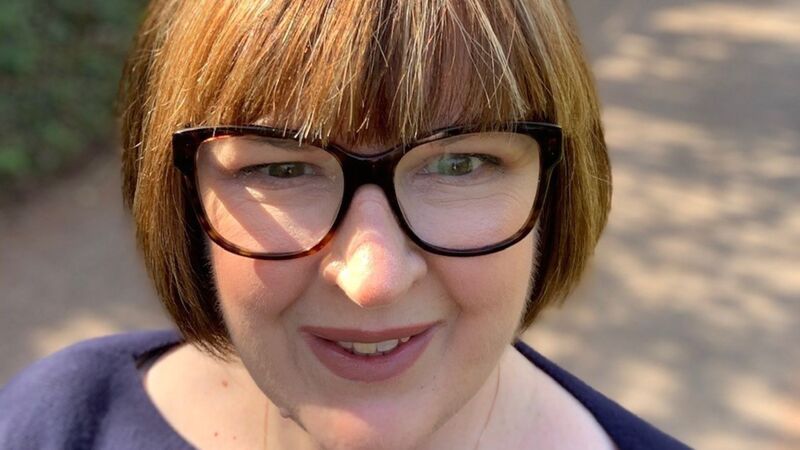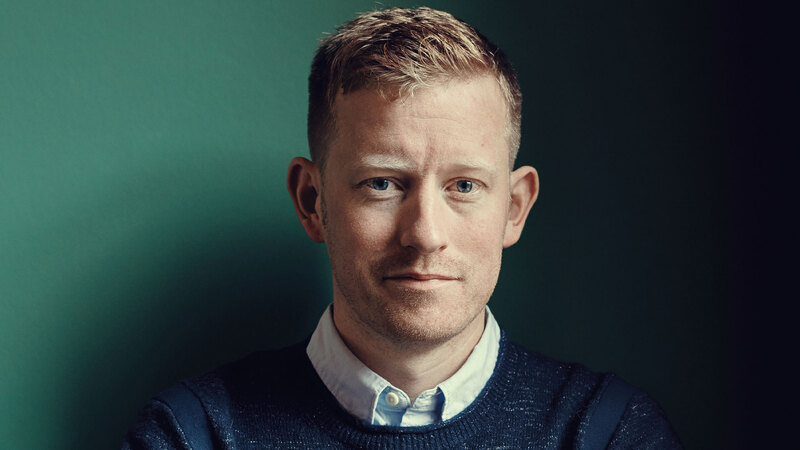You are viewing your 1 free article this month. Login to read more articles.
The 'publishing less' conundrum
Yes, publishers are overstretched — but fewer books won’t really help.
Do we need to care for authors better, rethink staff workloads and pay more attention to each book? Yes. But the short answer to "can we publish less, but better?" is: not necessarily.
Most would agree we don’t want lists reduced, teams shrunk and only safe titles published. This wouldn’t be serving readers, writers, the industry or society. So what we need is a situation where authors are better communicated with, books are given more attention, and the changed nature of publishing roles is recognised.
As someone who has tried to do exactly that, from the luxury of a fresh start with a new company, it’s worth highlighting our aims and our realisations.
When I founded September Publishing in 2014, I was only certain of a few things. We would publish a limited number of books every year, we would give them more attention, and we would work harder on our creative relationships than ever before.
I knew, having had two novels published myself in my twenties, that writing and seeing a book come out can be difficult. It can be joyous but it can also be brutal. (One of them won an award, yet I am still haunted by one particularly unforgiving book group in Greenwich.)
With September’s fresh start, I felt certain we could work on the relationships and the creative process better, could publish with more man-hours and build longer-lasting relationships with the authors and their agents. That seemed the best route to surviving and thriving as an indie.
September pledged itself a fair-share publisher – we consulted with the Society of Authors on our contract and offered strong royalties and the commitment of a small, known and consistent team of collaborators. We try hard to communicate frequently with authors and agents and ensure they all have longer-lasting marketing attention.
Eight years after our first book we have repeat published every one of our top five bestselling authors. We have been lucky in their loyalty.
What we need is a situation where authors are better communicated with, books are given more attention, and the changed nature of publishing roles is recognised
But I’d be lying if I said it was simple. The unfortunate truth is that all the focus and time in the world doesn’t necessarily ensure a good book sells to the level we, authors and agents might want. If we could all predict and only publish the 12 titles a year that are going to sell best then we would. Even a small list like ours needs some room for luck. Plenty of what we do at September works, but not everything, and the challenge remains discoverability, for us and everyone else.
There has been a fundamental shift in the way readers find, buy and read over the last two decades. Yet the industry has not changed its own behaviours as fundamentally as its readers have. Some imprints have different royalty structures, new indie publishers have different publishing models, digital formats have proliferated. But nothing in the last 20 years has changed as much as the radically altered retail landscape.
We need to think seriously, urgently, about our customers. About the precedence retailers needs have historically taken in all our transactions and processes. In the past, when asked, a publisher or sales director would say "Our customers are the bookstores". (An editor might have said ‘"Our customers are our readers. And the bookstores".)
But we no longer have multiple book chains that "make" books. Waterstones has – to put it politely – struggled this last year. We work towards publicity campaigns around publication dates and Amazon frequently doesn’t make those books available, despite pre-orders. When it comes to publishers, Amazon is tortuously unhelpful and disinterested. (If it were a relationship you’d call it toxic. We just have to hope the damage done to e-book prices in that relationship isn’t forever.)
So if our old customers, retail customers, aren’t assisting us in that journey to make a success of books, who are? Vocal, connected readers are. In that category I would include indie bookstores, whose deep connections with readers are an invaluable asset in the modern world.
And authors are. Authors are the ones talking writing to the readers, talking to the readers. Authors increasingly sell books at events, through articles in the press, on social media, through bookshop relationships, book group Q&As, festivals… They are the ones driving the Amazon sales spike after a Radio 4 interview. Not Amazon.
Our authors at September are collaborators, not just writers and artists. They work incredibly hard at selling their books, and we are very grateful for it. We recognise that often they know their market best, often reaching thousands of readers themselves. We share as much as they want with them, and listen to their input and concerns.
Modern authors work so hard at selling that it’s no wonder the self-publishing industry is growing. But as one successful self-published author told me the other day (after explaining that no-one at their Big 3 publisher had made a decision on her contracted second manuscript for two whole years) self-publishing, doing everything alone without expert advice, is gruelling...
So at this moment, when publishing is considering its intent and responsibilities more seriously than ever, we need to think beyond list cutting or team growth and consider who our most important customers are. Retailers are just a part of our customer base. Mechanisms, rather than drivers of discoverability? Readers are the point of it. And authors are our partners in it, sales channels of their own. We should be rethinking all our processes, structures and ambitions – everything – through that new perspective. We sit at the centre of that glorious, electric, world-changing relationship between book and reader (or listener). That human creative exchange is our single most important purpose, so let’s take it as the starting point as we reconsider everything.

















